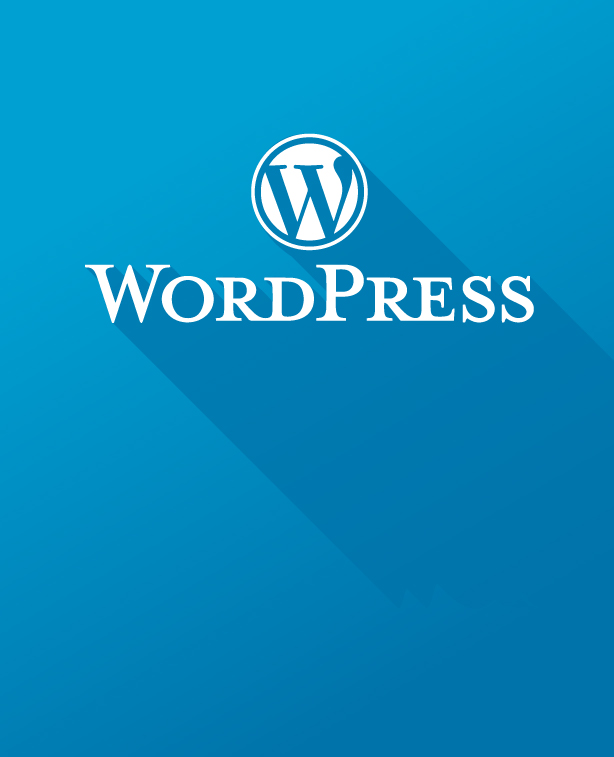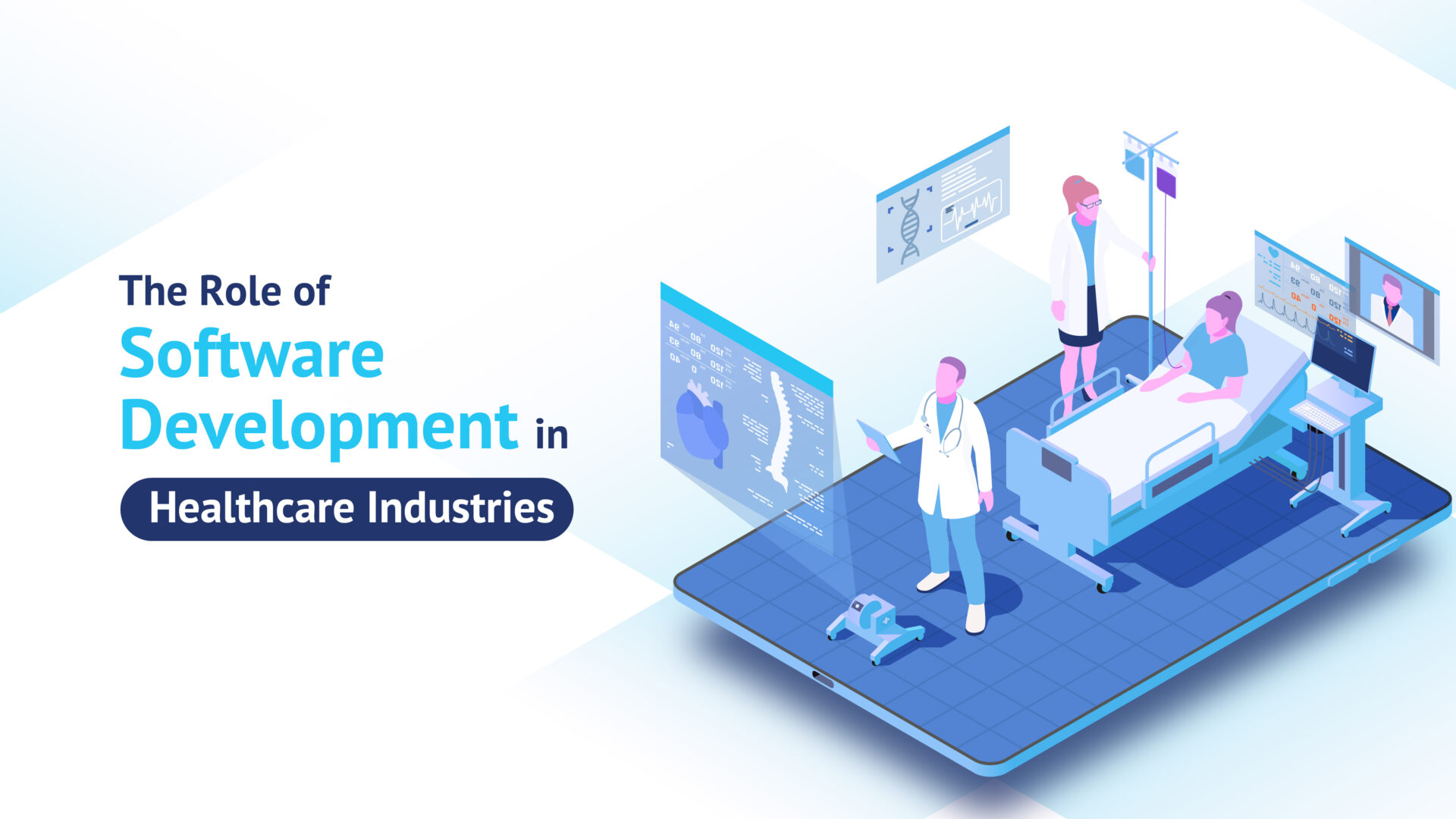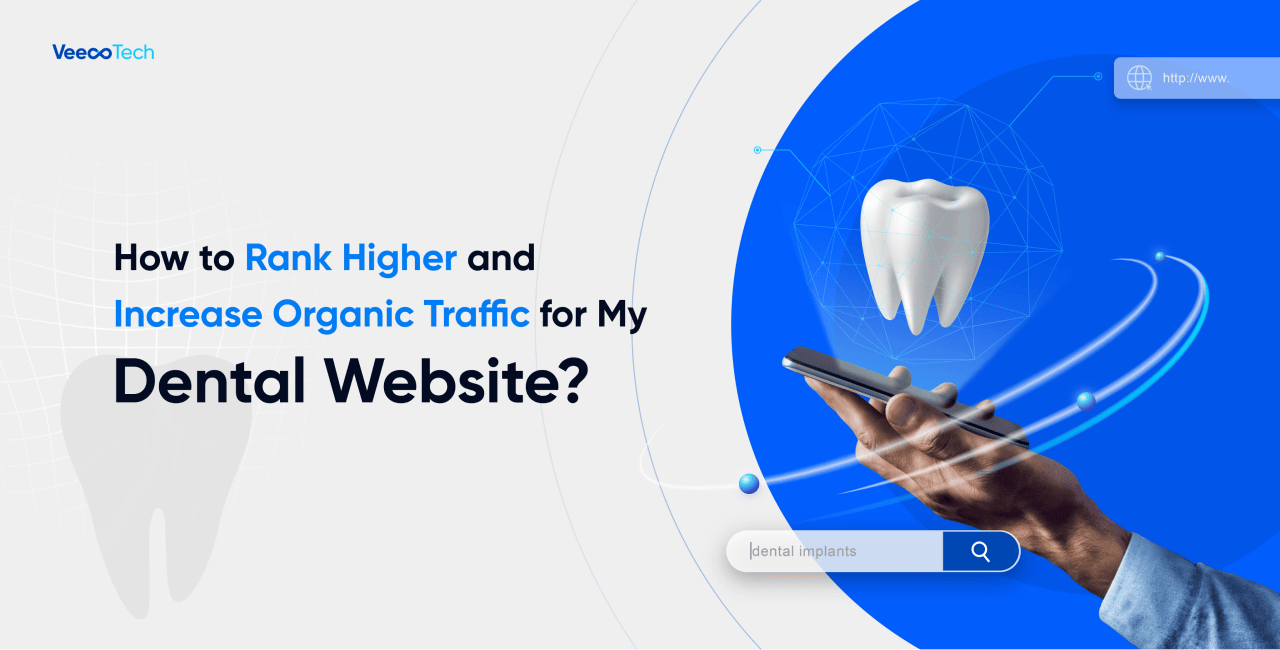The Role of Software Development in Healthcare Industries
The healthcare industry has been rapidly evolving, and technology is increasingly important in driving these changes. One area where technology has had a significant impact is the development of healthcare software, revolutionizing how patients receive care and how healthcare professionals manage and deliver services.
In this article, we will explore the role of software development in revolutionizing healthcare and discuss some of the applications, key benefits and challenges of this innovation.
What is Healthcare Software Development?
Healthcare software development refers to the process of designing, building, and implementing software solutions that help to improve the delivery of healthcare services. In addition to patient management software, medical imaging software, and telemedicine platforms, this can also contain electronic medical records (EMRs).
One of the key advantages of healthcare software development companies is the ability to collect and analyze data in real time, which can help healthcare providers make more informed decisions and deliver more personalized care. For example, EMRs can help doctors access a patient’s complete medical history and provide more targeted treatment. In contrast, patient management systems can help healthcare organizations manage resources more efficiently and reduce appointment wait times.
Here is a list of key healthcare software applications:
Electronic Health Records (EHRs) – EHRs are digital records of patient health information, including medical history, test results, and treatment plans. They enable healthcare providers to share information more easily and improve patient care.
Practice Management Software – Software for practice management assists healthcare professionals with administrative activities like billing, record patient management, and appointment scheduling.
Telemedicine Software – Telemedicine software allows healthcare providers to offer remote consultations and care using videoconferencing and other digital communication tools.
Clinical Decision Support (CDS) Systems – CDS systems provide healthcare providers with decision-making support, helping them make more informed patient care decisions.
Medical Billing Software – Medical billing software helps providers manage their billing processes, including claims submission and reimbursement tracking.
Health Information Exchange (HIE) Systems – HIE systems enable healthcare providers to share patient health information securely, improving the coordination of care and patient outcomes.
Patient Engagement Software – Patient engagement software helps healthcare providers engage with patients more effectively through tools such as patient portals, health tracking apps, and online support groups.
Population Health Management Software – Population health management software allows the doctor to track and improve the health of large patient populations instead of only individual patients.
Medical Imaging Software – In order to improve diagnosis and treatment planning, medical imaging software enables healthcare professionals to view and interpret medical images, like as CT scans and X-rays.
Electronic Prescribing (ePrescribing) Software – ePrescribing Software enables healthcare providers to send prescriptions to pharmacies electronically, reducing errors and improving patient safety.
These are just a few examples of the many healthcare software applications available today. As technology advances, we expect to see more innovative tools and solutions designed to improve patient care and healthcare outcomes.
Benefits of Healthcare Software Development
There are several key benefits of healthcare software development, including:
Increased Efficiency: Healthcare software can automate many administrative tasks, freeing healthcare professionals to focus on patient care. This could decrease long waiting times, enhance the standard of care, and positively affect patient happiness.
Improved Accuracy: Healthcare software can help eliminate errors and inaccuracies when using manual systems. By automating tasks like data input and record keeping, healthcare experts may reduce their chances of making mistakes while also ensuring that the information they have on patients is complete and accurate.
Better Communication: Healthcare software can facilitate communication between healthcare providers, patients, and healthcare organizations. This can enable effective healthcare and minimize the possibility of misconceptions.
Enhanced Patient Experience: Healthcare software can provide patients with more convenient access to care, such as telemedicine platforms allowing patients to connect remotely with healthcare providers. It can also help to reduce wait times, increase the quality of care, and provide patients with more personalized treatment options.
Challenges of Healthcare Software Development
While healthcare software development has the potential to revolutionize the healthcare industry, some challenges come with this innovation. Some of the key challenges include:
Privacy and Security Concerns: Healthcare software often involves collecting and storing sensitive patient data, which can be a target for cyber-attacks. Healthcare software development faces serious difficulty in ensuring the security and privacy of patient data.
Interoperability: With so many different healthcare software solutions available, ensuring they all work together seamlessly can be challenging. Interoperability is a key challenge in healthcare software development, and there are ongoing efforts to develop standards that can help ensure that different systems can communicate effectively.
Regulation: Healthcare software development is subject to numerous laws and standards, including HIPAA (Health Insurance Portability and Accountability Act) and FDA (Food and Drug Administration) regulations for medical devices. Meeting these standards and regulations can significantly challenge healthcare software developers.
Summing Up
By enhancing productivity, accuracy, and care quality, healthcare software development has the ability to completely transform the healthcare sector. By automating administrative tasks, providing real-time data analysis, and improving communication between healthcare providers and patients, healthcare software can provide more personalized care and enhance the patient experience.
However, healthcare software development also faces significant challenges, including privacy and security concerns, interoperability issues. Thus, there is a need for ongoing maintenance and updates.












Leave A Comment